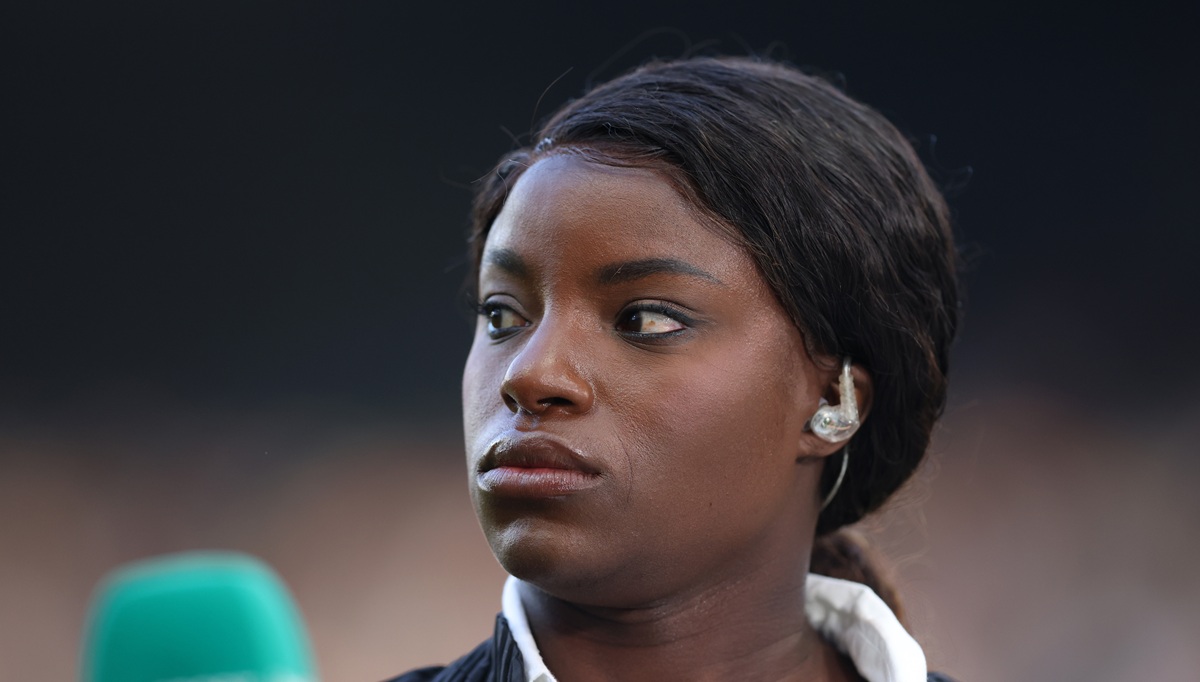
Introduction
Eni Aluko, a former professional footballer, has established herself as a significant figure in women’s football, celebrated not only for her skills on the pitch but also for her commitment to advocating for equality in the sport. With the ongoing discussions around gender equality in athletics and the rising visibility of women’s sports, Aluko’s contributions have never been more relevant.
Early Career and Rise to Fame
Born in London in 1987 to Nigerian parents, Aluko began her football career at a young age. She played for clubs such as Birmingham City and Chelsea, where she made a remarkable impression with her striking prowess and creative playmaking. Aluko’s achievements include being capped over 100 times for the England national team and scoring numerous goals in prestigious tournaments, contributing to her reputation as one of the top forwards in the women’s game.
Advocacy for Gender Equality
Beyond her playing career, Eni Aluko has become a vocal advocate for gender equality in football. Her experiences as a player have informed her efforts to highlight the disparities women face in a male-dominated sport. In recent years, she has spoken out against issues such as unequal pay, lack of funding for women’s teams, and inadequate media coverage. Her efforts have led to greater awareness and some movement towards change within the sport.
Recent Developments and Future Plans
As of 2023, Aluko has transitioned into a career as a coach and commentator, using her platform to inspire the next generation of female athletes. She frequently appears on sports panels and broadcasts, sharing her insights and advocating for further progress in women’s football. Her involvement in grassroots initiatives also aims to encourage young girls to partake in sports, promoting not just football but overall well-being through athletic participation.
Conclusion
Eni Aluko’s impact extends far beyond her personal accolades in football; she is a powerful voice for equality and empowerment in sport. As women’s football continues to grow in popularity and recognition, Aluko’s role as both a former player and an advocate positions her as a key figure in shaping the future of the game. Fans and aspiring athletes look to her not only for inspiration but also for the hope that gender parity in sports is achievable. As we look ahead, Aluko’s ongoing efforts will likely influence the landscape of women’s football for years to come, encouraging a culture where talent and dedication are placed above gender.
You may also like

Karol G: Trailblazer in the Reggaeton Music Scene

Demarcus Lawrence: A Cornerstone of the Cowboys Defence
